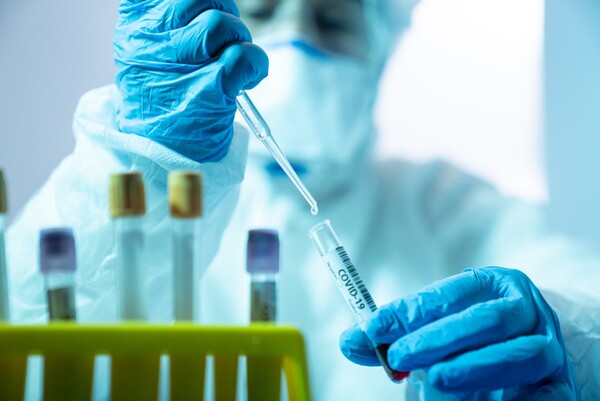The government aims to train 110,000 biohealth experts over the next five years to make the biohealth sector the country's next flagship industry.

The plan is one of the follow-up measures of the "Strategy for Creating New Biohealth Markets" announced at a meeting chaired by President Yoon Suk Yeol in late February.
The government estimates that Korea would need 108,000 biohealth experts over the next five years, considering the demand for manpower with the growth of the biohealth industry and natural demands, such as retirements, in setting the goal to train 110,000 biohealth experts.
Health officials plan to expand customized support by establishing biohealth meister universities, which provide school education focusing on field demands.
To foster the production and regulatory talents that can be immediately put to work in the biohealth industry, the government will create new large-scale production process training facilities, such as the Korean National Institute for Bioprocessing Research & Training (K-NIBRT) and tentatively named K-Bio Training Center, and support universities and the private sector to strengthen their training capabilities in connection with existing public facilities.
To foster regulatory talents, the government will also provide specialized regulatory science training related to the pharmaceutical and medical device industries, establish laws for regulatory science innovation, and expand the functions of the Korea Regulatory Science Center.
To prepare for applying artificial intelligence (AI) technology to the medical field, the government will strengthen advanced and convergence-specialized education, including medical AI, and increase the number of master's and doctoral-level training programs at graduate schools.
It will also strengthen the training system to foster physician-scientists.
Notably, the government will provide a system for medical students to develop an interest in research at the undergraduate level, strengthen their research capabilities at the postgraduate level, and provide a career path after graduation.
"Biohealth is a new promising industry with a global market size larger than that of the semiconductor industry, and it plays a pivotal role in public health and national security," Health and Welfare Minister Cho Kyoo-hong said. "As biohealth is a dynamic industry with constant technological innovation, the government will continue to promote human resource development policies that reflect changes by communicating with the industry."

